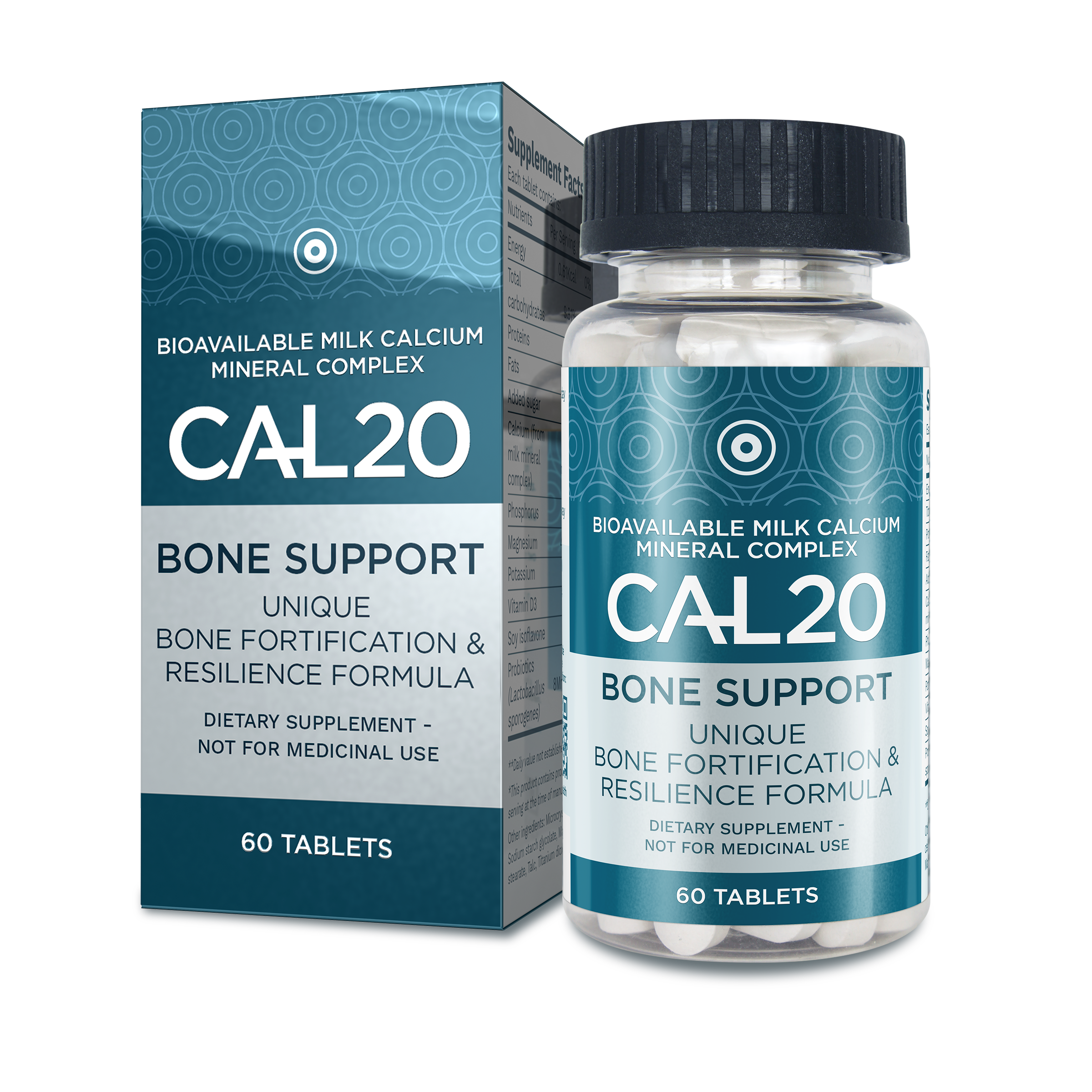The following article is an excerpt from the book Younger for Longer by Dr. Duncan Carmichael
Johann Hari, a once-disgraced British journalist, wrote a fascinating book on addictions called Chasing the Scream: The First and Last Days of the War on Drugs in which he questions the assertion that all addicts are addicted forever. Hari takes us back to Lee Robins’s 1993 study of addiction during the Vietnam War of the 1960s and 1970s, where an estimated 20 per cent of the 2.7 million American soldiers were addicted to drugs. There was widespread fear at that time that the US would be flooded with junkie war veterans when they returned. That did not happen. Instead, and largely as Alexander would have predicted, most of the soldiers transitioned back to normal life. Around 5 per cent were still addicted a year after returning home; however, for the rest it was the situation that made the addiction.
What we can say about cravings and addiction is that they come freighted with a significant amount of guilt. This is wasted energy. Instead of being overwhelmed by guilt, we would be better-placed to understand what in our life has locked our brain into that cage. Once we have that answer, we can work to change those circumstances, and our brain will no longer need those dopamine hits to cheer it up.
The key message, then, is not to beat oneself up over addiction – whether of drugs, alcohol, cigarettes, food, you name it. Feeling guilty is pointless. It is far better to focus on what causes the brain to crave, and the three most common factors are what I call the three S’s:
- Sleep deprivation is probably the single most-common trigger for cravings. Why is that? Firstly, because a lack of sleep causes poor serotonin-functioning in our brain, and we know that this is associated with lower moods. And secondly, brain imaging shows that the impulse centres of the brain light up when we are sleep-deprived, and we then crave junk food. As we saw earlier, we will not succeed in our health endeavours unless we sleep properly. Eight hours a night is what our brain typically needs to function optimally.
- Stress triggers our cravings, and the more emotional stress we are under, the more our brain shifts towards cravings to escape that cage. Stress also causes the levels of serotonin precursors such as tryptophan to drop, and we know depleted serotonin levels cause low moods in susceptible people.
- Sadness: this does not necessarily refer to clinical depression. The fact is that our mood fluctuates all the time, and we are able to recognise a low mood when it hits us. What we ought to do is sit with it until it passes instead of reaching for the dopamine hit. When it comes to clinical depression, however, the sensible option is to treat the low moods before we tackle any craving habits. It would be unreasonable to expect someone in the lonely cage of depression to deal well with having their coffee or sweets or cigarettes or alcohol taken away.
In summary, if you find yourself craving substances then it is worth looking at the three S’s (Sleep, Stress and Sadness) and seeing what action you can take. It is far better to see what your brain needs in terms of support than it is to feel guilty.




